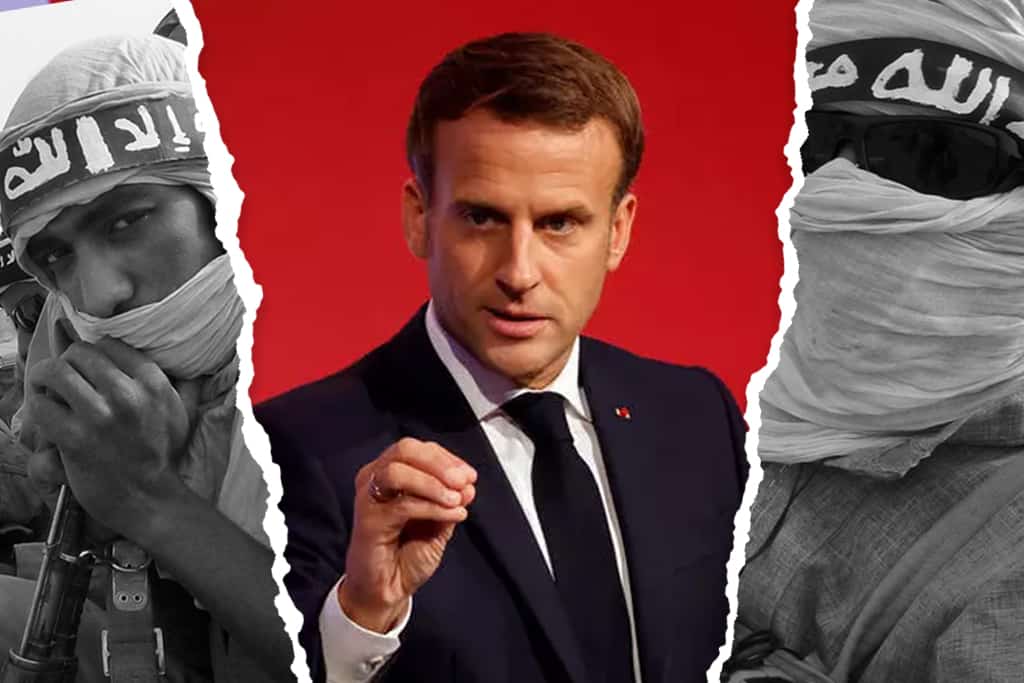
Macron addresses radical Islam in France
The president gave a long-awaited speech about the infiltration of radical Islam in French society, often due to foreign influence, and his plans to counter it.
In addressing the sensitive and divisive subject of radical Islam taking root in France, President Emmanuel Macron had to walk a tightrope. Not unlike French society itself which has to deal with the radicalization of its citizens and residents without tipping into Islamophobia or racism. Ahead of a draft bill on the matter to be tabled in December, Macron spoke about the importance of the fight “Islamist separatism” and social outreach and support measures to get disenfranchised citizens like Muslims to buy into the idea of the Republic.
France has been the victim of several Islamist-inspired terror attacks in the past five years including the Charlie Hebdo shootings in 2015, the multiple attacks in Paris in November 2015 and the Bastille Day attack in 2016. Isolated and fatal incidents like shootings and stabbings continue to claim victims and create fissures in the society. The far-right has capitalised on this opportunity to criticise France’s stand on migration and other racially-charged policies.
Perhaps he disappointed them and many right voters on the fence by not taking a more aggressive line that sought repressive measures against the problem. Instead, he focused on de-ghettoising Islam and reducing the foreign influence on the Muslims in the country. He said that Muslim youths, disproportionately affected by unemployment, are concentrated in neighbourhoods where the “promises of the republic have not been kept”. In such a situation, they start to find hope in radical ideologies.
He also spoke about reducing home-schooling and training Imams within the country instead of importing them from other Muslim-majority countries like Algeria and Morocco. This was the only way to counter the influence of foreign imams, by grooming faith leaders to “build an Islam in France that can be an Islam of enlightenment”. He said there is no place for political Islam in the country if it is not compatible with stability and peace. There was also a need to highlight the teachings of progressive Islamic thinkers from the Middle Ages. These efforts would be carried out with full participation of the Muslim community and indirectly through the French Council of the Muslim Faith.




